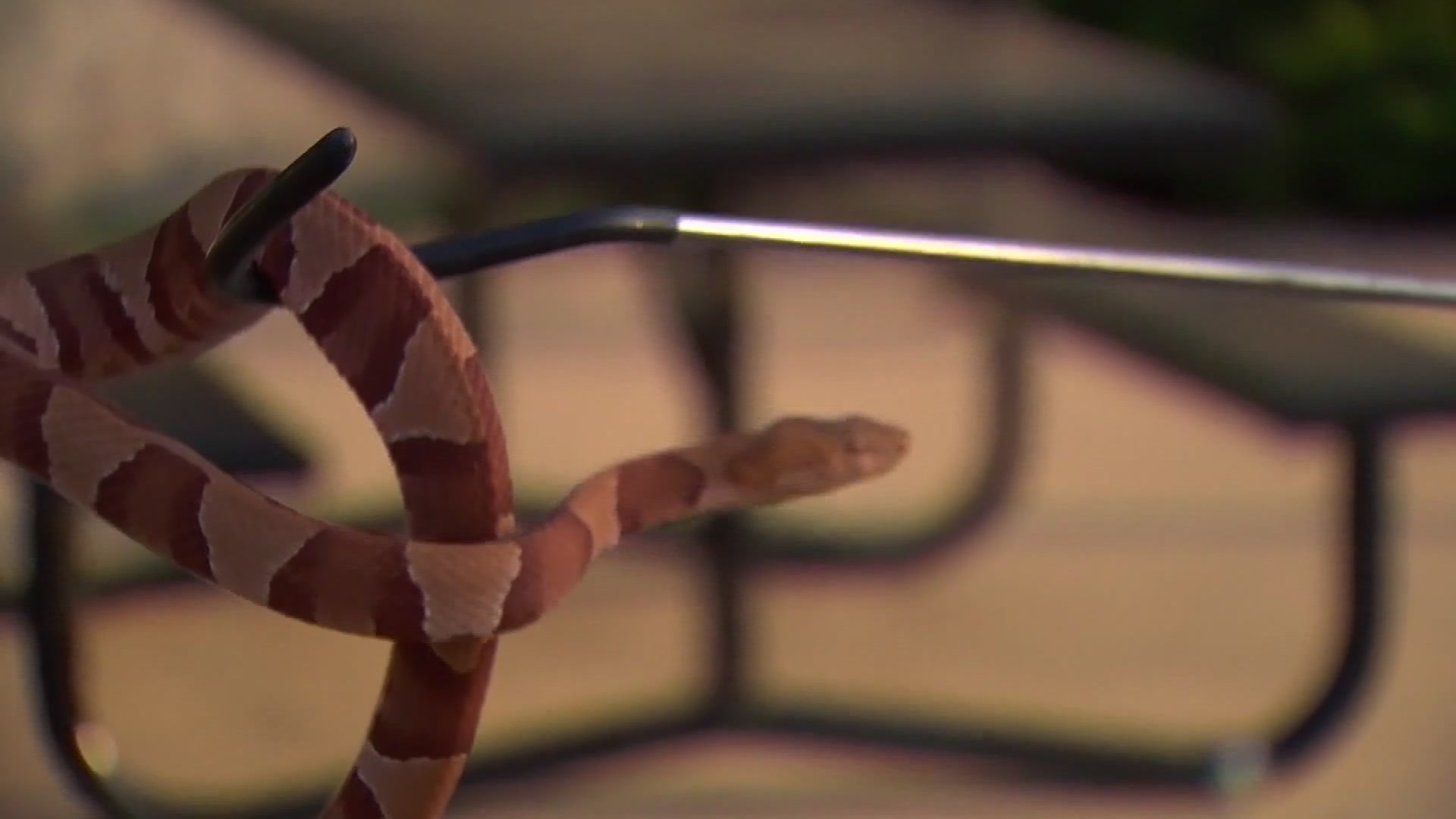The government's new federal Ebola response squads were getting their first test Thursday, dispatched to New York to help care for the city's first case, a doctor who had treated a patient with the disease in West Africa.
The squads, likened to public health SWAT teams, were set up to rush to any U.S. city where a new Ebola case might be identified.
Meanwhile, the government has formed a second set of teams to prepare hospitals in cities deemed most likely to see a new Ebola case, should one turn up. Three of those teams have already been sent out.
The government has been criticized for its handling of the first person diagnosed with Ebola in the U.S. Thomas Eric Duncan, a Liberian, came down with Ebola symptoms last month, a few days after arriving in Dallas from West Africa.
He was admitted to Texas Health Presbyterian Hospital Dallas in late September and died Oct. 8.
Duncan's illness and death created public fear as health officials had to track down and monitor scores of people he came in contact with. No one in the community has been infected, but two nurses who cared for him were.
Since then, officials with the Centers for Disease Control and Prevention have said they should have sent more people to Dallas when Duncan's case first surfaced, particularly infection control specialists who could have provided better guidance to the hospital.
Local
The latest news from around North Texas.
Now, many health care workers in Dallas are starting to breathe a sigh of relief. For the workers who treated Duncan, they've passed a sort of milestone. Dr. Matthew Moore with the CDC says by now, if they had the virus, they would have shown symptoms.
“Once we get past the 8-10 day period we start to breathe a little sigh of relief, you know. We haven’t declared victory or anything like that,” said Moore.
Still, 109 contacts are being monitored, taking their temperatures twice daily.
“Just trying to make sure the numbers go down - the contacts get closer to zero,” Moore said.
CDC teams are also visiting the five major cities where passengers are flying into the U.S. from West Africa, and a team had already been dispatched to New York City in the last few days.
“To go and visit hospitals in those five major cities and help them prepare for the event that an Ebola patient does arrive in one of those cities,” said Moore.
CDC teams will work with New York health officials and start contact-tracing immediately, trying to figure out who came in contact with the patient, and who is at risk.



